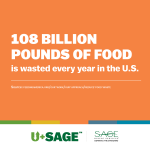Locally Sourced: Saval Foodservice
Purchasing, Locally Sourced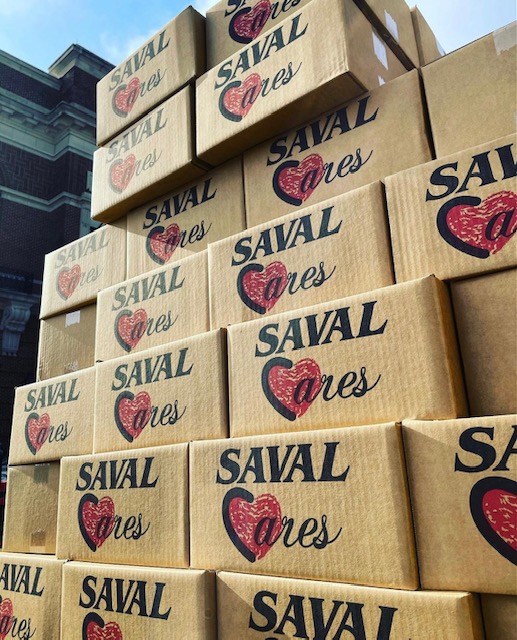
We are proud to partner with family-owned businesses like ourselves and continually seek sustainable local suppliers that practice fair trade and adhere to our rigorous standards. Today we’re introducing one of our mid-Atlantic vendors, Saval Foodservice, through an interview with CEO Paul Saval. Founded in 1932, Saval Foodservice is the largest family-owned independent broadline food service distributor in the Washington, D.C., Maryland, and Virginia areas. Today, Saval Foodservice serves clients from Philadelphia to Roanoke. For Saval Foodservice, family is...
Bringing More Attention to Food Allergies
Nutrition, Allergies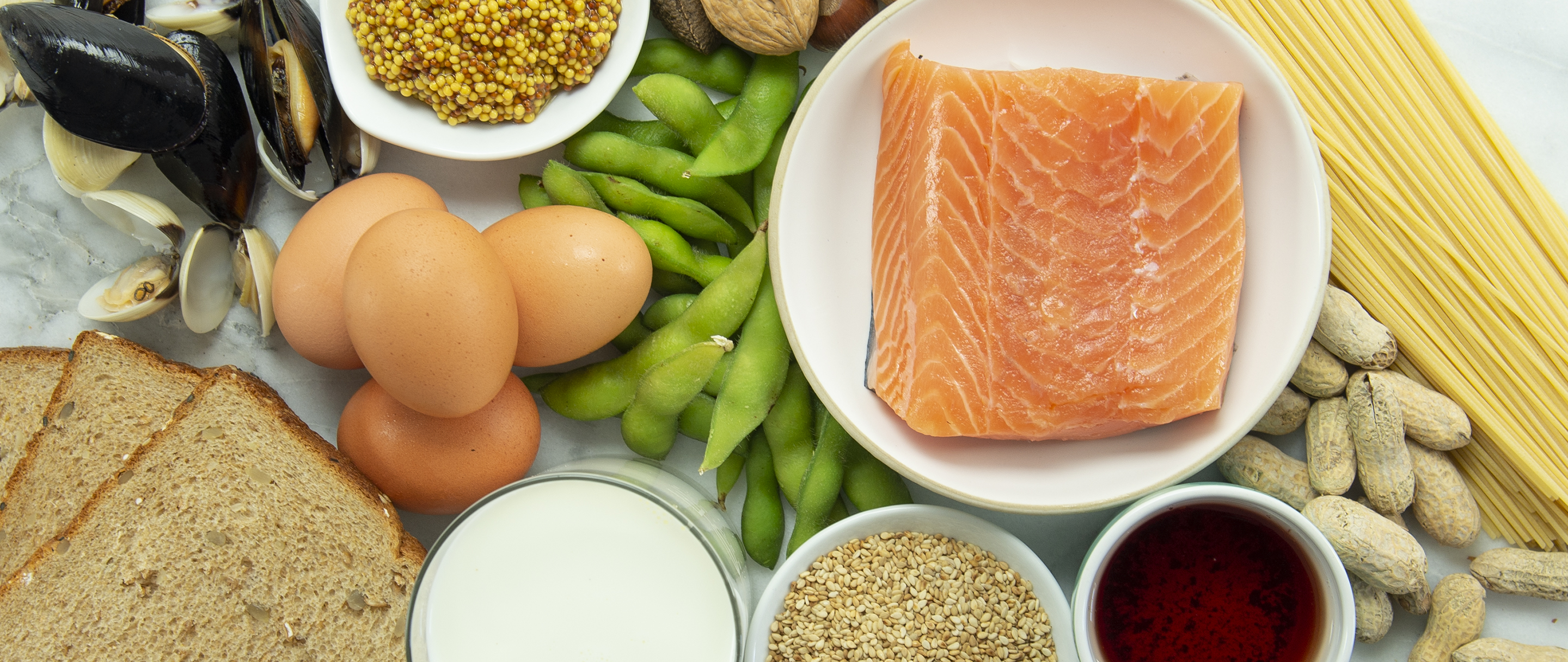
Each May, Food Allergy Research & Education (FARE) raises food allergy awareness through a week of activities, events, and education. This year, Food Allergy Awareness Week kicked off May 9 and will run through May 15. Food allergies are severe and sometimes life-threatening conditions that affect more than 32 million Americans, including about 1 in 13 children, according to FARE. A food allergy occurs when the immune system overreacts to a protein in a food. Reactions range from mild (e...
Celebrating Asian/Pacific Islander American Heritage Month
Articles, From Our Kitchen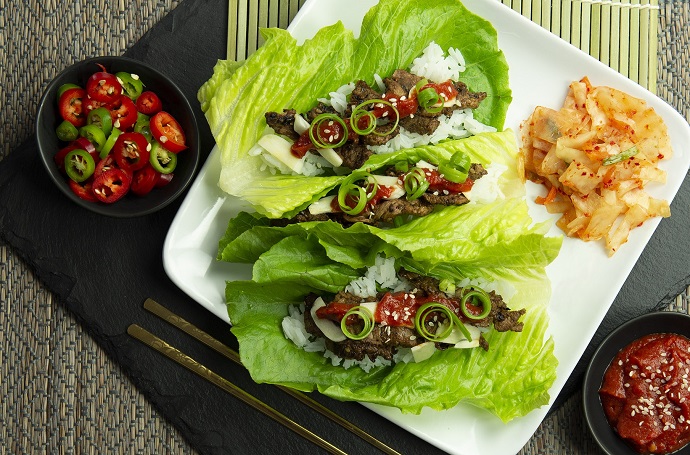
May is Asian/Pacific Islander American Heritage Month, which celebrates the rich cultures, traditions, histories, and contributions of Asian Americans and Pacific Islanders throughout the history of the United States. As a dining services provider, our celebration revolves around food, so it’s only natural to highlight this month through that lens. Let’s take a look at some of today’s notable Asian American and Pacific Islander chefs and their culinary contributions and achievements. Chef Cristeta Comerford is in charge of the food...
International Cuisine: Philippines
Articles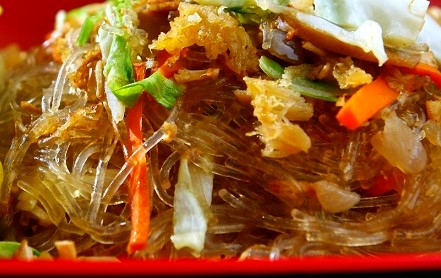
Experiencing Filipino cuisine is like taking an intimate walk through the country's rich and varied history. Located in Southeast Asia, the Philippines nation comprises more than seven thousand islands, forming the Republic of the Philippines archipelago. The islands' long history of colonization is ever apparent in their culture and food. Named for King Philip II of Spain, the Philippines were part of a Spanish colony for more than 300 years. Before the discovery and subsequent Spanish colonization, the Philippines enjoyed...
